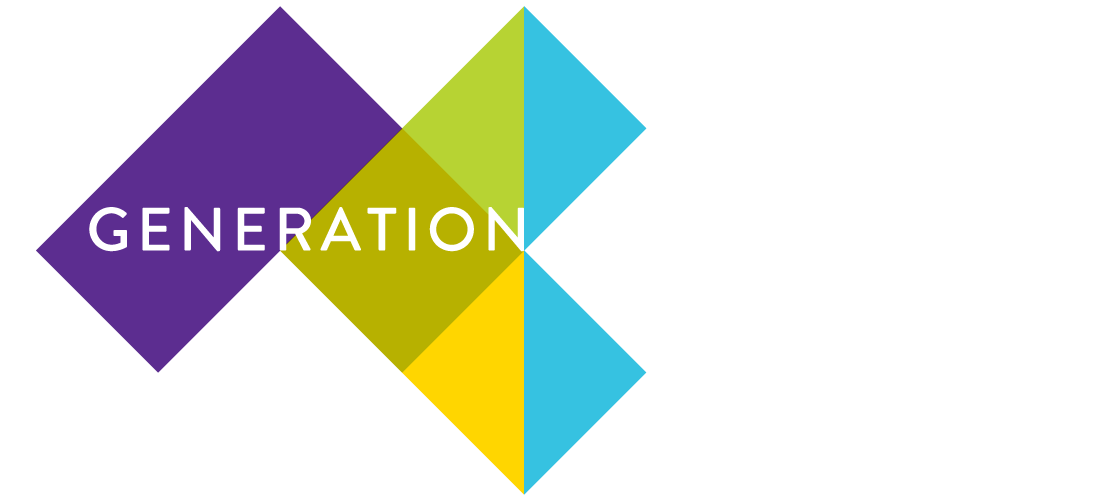Summer 2024
Name: Lyla Stockberger
Lyla Stockberger, a student from a small town in Ohio, exemplifies how youth can create meaningful change in your community. In addition to being both a basketball and soccer player at her school, Lyla is deeply involved in advocacy work, particularly with the National Coalition Against Censorship (NCAC) through their Student Advocates for Speech program. Her advocacy journey began during a high school composition class when she discovered the issue of book banning while researching topics she was passionate about.
“One of our papers was to write about something we were passionate about. When I was researching, I came across the National Coalition Against Censorship (NCAC). I started reading everything, and I was really shocked. Honestly, I didn't know that book banning was something that still happened.”
Book Banning is the act of removing or restricting access to books based on their content. It's a form of censorship that can be carried out by governments, religious authorities, businesses, or individuals. Shocked by its prevalence, she joined the NCAC to promote awareness about censorship and free speech. Since then, Lyla has balanced her advocacy efforts with her responsibilities as a student and athlete.
“I remember being at soccer practice and having to step away to join meetings. It was a lot to balance, but it was important to me”
One of Lyla’s significant accomplishments was leading her school’s participation in Banned Books Week, where she aimed to educate her peers about book banning and its implications. Banned Books Week is an annual event celebrating the freedom to read and raise awareness of book censorship. It is usually held the last week of September. She created an impactful library display featuring caution tape and banned books, sparking curiosity and conversations among students.
During her free period at school, she enlisted the support of her librarian to further the discussion, referencing data from the NCAC to illustrate and reinforce the seriousness of the issue. Together, they explored ways to raise awareness within their school community—organizing a small display of challenged books, encouraging peer conversations, and even drafting a letter to the district curriculum committee.
What started as a quiet concern became a louder, more intentional campaign. She reached out to local advocacy groups and began speaking at school board meetings, sharing her perspective as a student and citing concrete examples of the impact censorship can have on education. As her advocacy gained momentum, new opportunities emerged.
“I got to write an op-ed for the Washington Post (add link), I got to go to Cleveland and speak on a panel, I got to meet so many cool people, and we got to write letters to school boards and stuff."
Beyond her work on book banning, Lyla co-founded her school’s Diversity Alliance during her sophomore year. Originally intended as a Gay-Straight Alliance, the group evolved into a broader initiative due to concerns raised by the school administration about its name. Despite challenges, including disagreements within the group and the conservative nature of her community, Lyla and her peers sought to address issues such as racism and prejudice. Though the group eventually disbanded, she remains hopeful that future students will carry the torch of promoting inclusivity.Lyla brought her advocacy to the national stage when she was invited to speak on a panel entitled "Scanning for the Right to Read". The sole student representative, Lyla lent a much-needed youth perspective to the panel, saying that students are not often consulted in discussions about censorship, though they are most directly affected. Her insights brought forth how students were left out of debates about free speech and censorship when they were, in fact, the stakeholders.
“I think that one major misconception is that the reason that books are being banned is to protect children, but in reality, it's just that people can get their political agendas across.”
She is also a library aide at school, where she uses her free periods to assist the librarian. This helps in reinforcing her commitment to fostering education and awareness. The experience she had in the Student Advocates for Speech program helped broaden her knowledge on issues about free speech since she was exposed to other states' students, particularly those in Florida, where censorship and banning of books are more prevalent. She has also come to realize the misconceptions about censorship, including how book bans are to protect the children when many times the motive for it is highly political.
Lyla’s story is one of resilience, passion, and the power of youth advocacy. Despite facing obstacles, she continues to champion the causes she believes in, inspiring others to take action and make a difference.
Great closing!!



